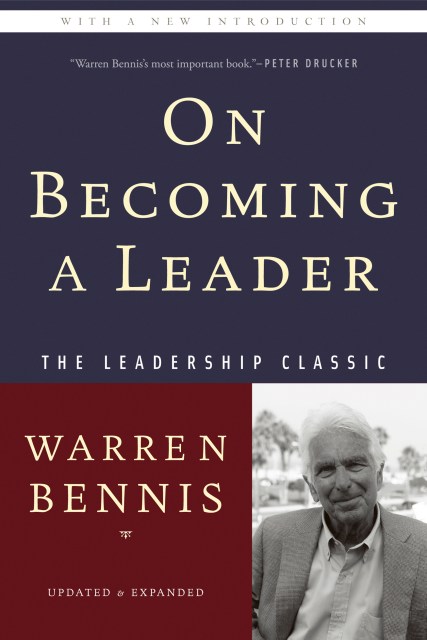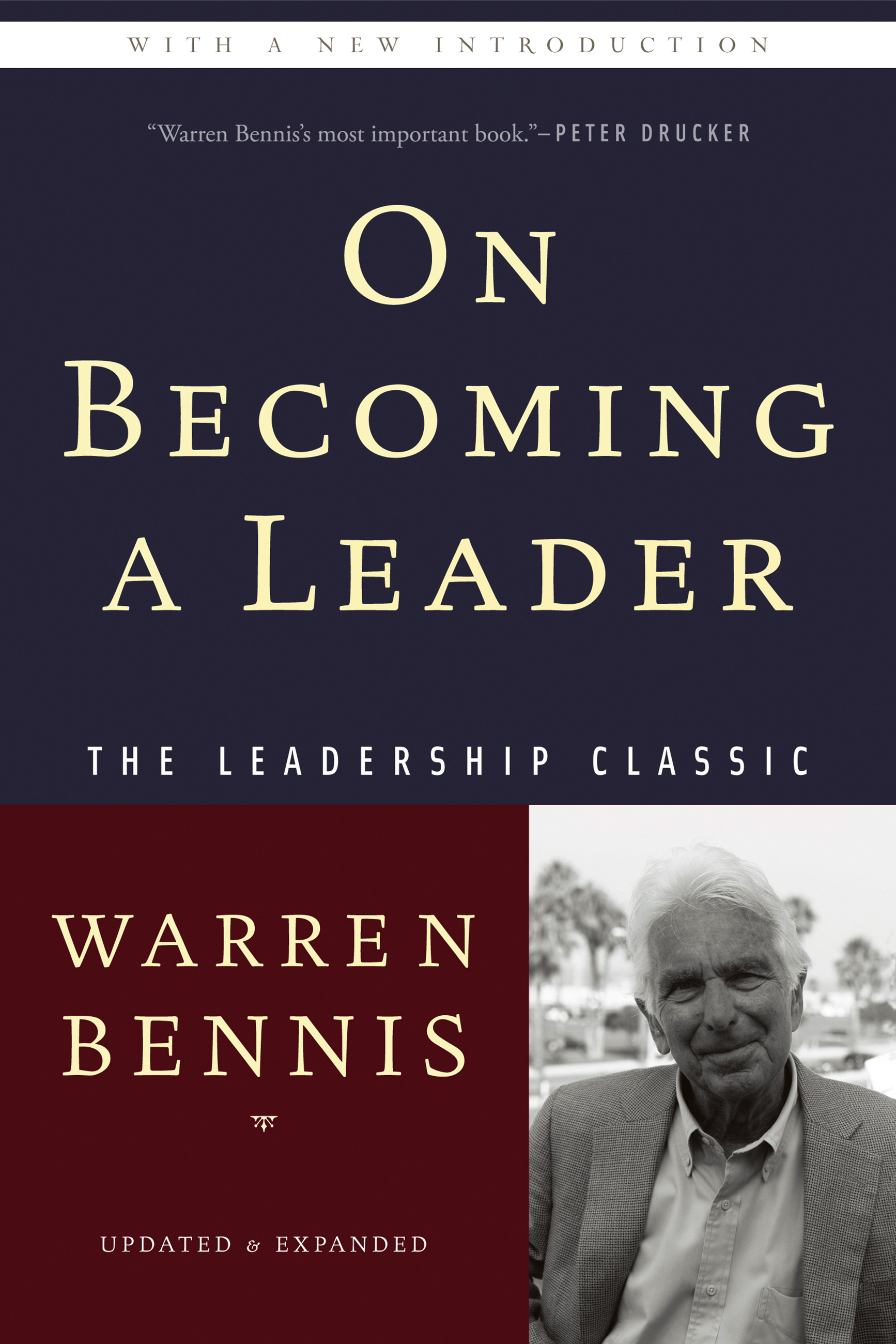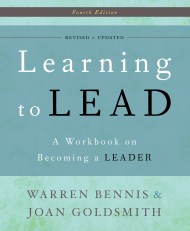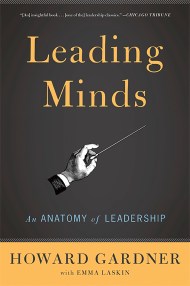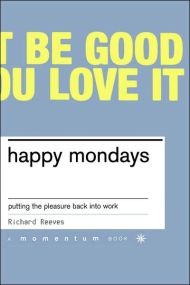By clicking “Accept,” you agree to the use of cookies and similar technologies on your device as set forth in our Cookie Policy and our Privacy Policy. Please note that certain cookies are essential for this website to function properly and do not require user consent to be deployed.
On Becoming a Leader
Contributors
Formats and Prices
- On Sale
- Mar 3, 2009
- Page Count
- 304 pages
- Publisher
- Basic Books
- ISBN-13
- 9780465014088
Price
$17.99Price
$22.99 CADFormat
Format:
- Trade Paperback $17.99 $22.99 CAD
- ebook $12.99 $15.99 CAD
This item is a preorder. Your payment method will be charged immediately, and the product is expected to ship on or around March 3, 2009. This date is subject to change due to shipping delays beyond our control.
Buy from Other Retailers:
Warren Bennis (1925-2014) was a pioneer in leadership studies, a scholar who advised presidents and business executives alike on how to become successful leaders. On Becoming a Leader is his seminal work, exemplifying Bennis’s core belief that leaders are not born-they are made. In a world increasingly defined by turbulence and uncertainty, the call to leadership is more urgent than ever. Providing essential and timeless insights for generations of readers, On Becoming a Leader delves into the qualities that define leadership, the people who exemplify it, and the strategies that anyone can apply to achieve it.
Dubbed the “dean of leadership gurus” by Forbes magazine, Bennis remains the final word in modern leadership. This seminal work is a must-read for anyone who aspires to leadership excellence.
-
"On Becoming a Leader is the indispensable handbook for anyone who had become a leader. Warren Bennis maps the terrain of leadership with a rare sense of wisdom and authority."Daniel Goleman
-
"Only Warren Bennis could write a book on leadership that is so inspiring and insightful, captivating and wise, eloquent and revealing. His beautifully crafted stories of outstanding leaders and their fascinating paths to power are sure to launch an exciting journey of self-exploration for future leaders."Rosabeth Moss Kanter
-
"Warren Bennis-master practitioner, researcher, and theoretician all in one-has managed to create a practical primer for leaders without sacrificing an iota of necessary subtlety and complexity. No topic is more important; no more able and caring person has attacked it."Tom Peters
-
"Warren Bennis's pioneering work is so central in the field of leadership studies that many of us forget that he was the source of numerous foundational ideas."Howard Gardner
-
"Warren Bennis's insight and his gift with words make these lessons, from some of America's most interesting leaders, compelling reading for every executive."Charles Handy
Newsletter Signup
By clicking ‘Sign Up,’ I acknowledge that I have read and agree to Hachette Book Group’s Privacy Policy and Terms of Use
